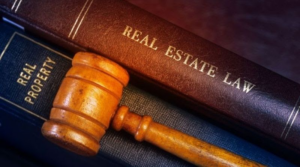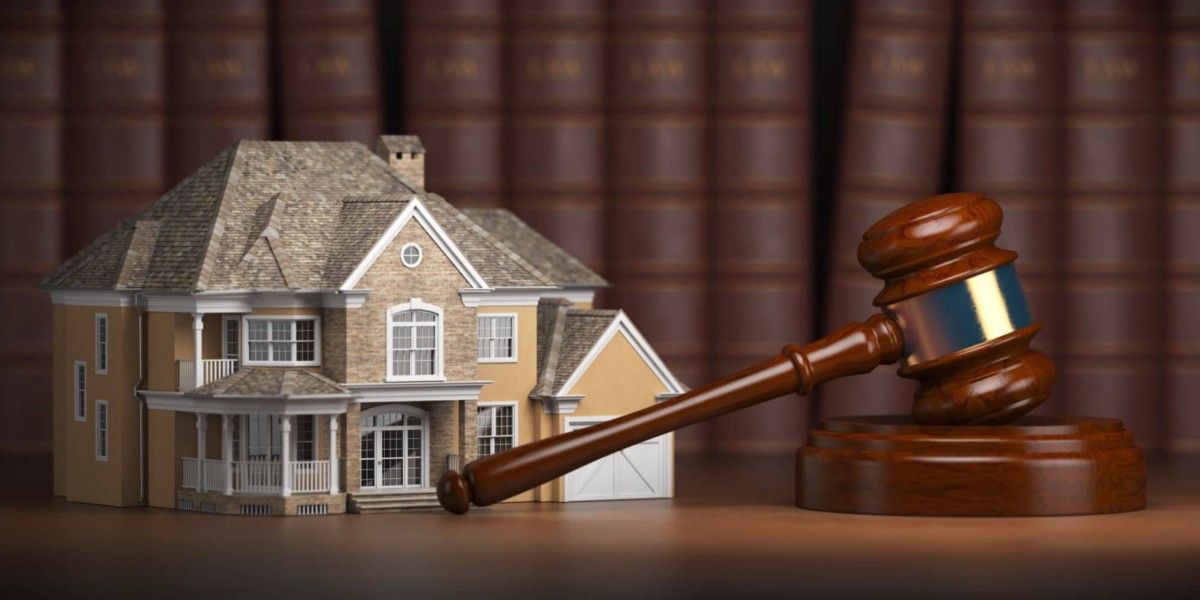Wills and Estates Lawyer
In the realm of legal matters, the expertise of a wills and estates lawyer is invaluable. This article delves into the vital role these professionals play in safeguarding your assets, distributing your estate, and providing peace of mind for your loved ones. Discover more about What is Property Law
Understanding the Basics
What is a Wills and Estates Lawyer?
A Wills and Estates Lawyer, also known as a Probate Lawyer, specializes in handling matters related to estate planning, will drafting, trust administration, and probate proceedings.
The Significance of Estate Planning
Estate planning involves creating a comprehensive strategy for the distribution of your assets after your demise. It ensures your wishes are respected and minimizes potential conflicts among beneficiaries.
Services Offered
Crafting a Valid Will
A crucial task of a wills and estates lawyer is drafting a legally binding will. This document outlines how your assets should be divided and who will be responsible for overseeing the process.
Establishing Trusts
Trusts are instrumental in managing and distributing assets. Lawyers help set up various types of trusts tailored to your specific needs, such as living trusts, charitable trusts, and revocable trusts.
Probate Proceedings
In the event of a deceased person’s will needing validation, a lawyer guides the family through probate proceedings, ensuring a smooth transition of assets as per legal requirements.
Benefits of Hiring a Wills and Estates Lawyer
Expertise in Legal Formalities
Navigating the intricate legal processes involved in estate planning and distribution requires a specialized skill set possessed by these lawyers.
Customization of Estate Plans
Every individual’s situation is unique. Wills and estates lawyers tailor your estate plan to your circumstances, ensuring your intentions are accurately reflected.
Minimizing Tax Implications
Lawyers employ strategies to mitigate tax burdens on your estate, maximizing the value that’s passed on to your beneficiaries.
Conflict Resolution
In cases of disputes or contested wills, these lawyers mediate and work towards equitable resolutions, preventing family conflicts from escalating.

The Process
Initial Consultation
Engaging a wills and estates lawyer begins with an initial consultation, where you discuss your goals and assets. This information guides the lawyer in crafting an appropriate plan.
Document Drafting
Based on the discussions, the lawyer meticulously drafts your will, trust documents, and any other necessary legal papers.
Review and Execution
Before finalizing the documents, you have the opportunity to review and make any necessary revisions. Once satisfied, the documents are executed following legal procedures.
Ensuring Your Legacy
Providing for Loved Ones
Through effective estate planning, you ensure your loved ones are provided for even when you’re no longer there to care for them.
Charitable Contributions
Wills and estates lawyers facilitate charitable donations from your estate, allowing you to leave a positive impact on causes dear to you.
Avoiding Family Disputes
Clear Communication of Intentions
Family disputes can arise when intentions are unclear. A lawyer ensures that your will and estate plan are explicitly worded, minimizing the potential for conflicts.
Minimizing the Potential for Disputes
By adhering to legal procedures and documentation, a lawyer reduces the likelihood of disputes over asset distribution and other issues.

The Changing Landscape of Estate Laws
Staying Up-to-Date with Legal Changes
Estate laws can change over time. A lawyer stays informed about these changes and updates your estate plan accordingly.
Revisiting and Updating Your Estate Plan
Life circumstances change, and so should your estate plan. A lawyer helps you review and revise your plan whenever necessary.
Finding the Right Wills and Estates Lawyer
Research and Recommendations
Choosing the right lawyer is essential. Research online, seek recommendations from friends or family, and read reviews to narrow down your options.
Initial Consultations: Asking the Right Questions
Most lawyers offer initial consultations. Use this opportunity to ask about their experience, approach, fees, and how they can tailor their services to your needs. Also, read more about Litigation Attorney
Costs and Affordability
Exploring Fee Structures
Lawyers may charge hourly rates or flat fees. Understand their fee structure and inquire about additional costs.
Weighing Costs Against Benefits
While legal services have costs, the benefits of having a well-structured estate plan far outweigh the expenses.

Conclusion
Engaging a skilled wills and estates lawyer is a vital step towards securing your assets’ future distribution, minimizing disputes, and providing for your family’s well-being. Their expertise ensures that your wishes are honored, offering you peace of mind knowing that your legacy is in capable hands.
FAQs
Why do I need a wills and estates lawyer?
Hiring a lawyer ensures that your estate is distributed according to your wishes and in compliance with legal requirements.
What’s the difference between a will and a trust?
A will becomes effective upon your death, while a trust can be used to manage your assets during your lifetime and after your passing.
Can I draft my own will without a lawyer?
While it’s possible, a lawyer’s expertise minimizes the chances of errors or disputes arising from ambiguous language.
How often should I update my will?
Life events like marriage, divorce, birth, or significant financial changes should prompt a review of your will.
Is estate planning only for the wealthy?
No, estate planning is essential for anyone who wants control over how their assets are distributed and wishes to minimize legal complications for their loved ones.
